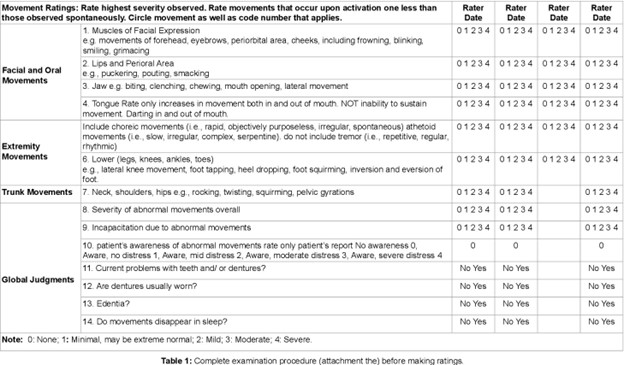A nurse is assisting a client who has irritable bowel syndrome with meal selections.
Which of the following foods should the nurse remind the client to include in her diet?
Yogurt
Honey
Watermelon
Ice cream
The Correct Answer is A
Explanation:
Yogurt can be beneficial for individuals with irritable bowel syndrome (IBS) because it contains probiotics, which are live bacteria that can help promote a healthy balance of gut bacteria.
Probiotics have been shown to potentially alleviate symptoms of IBS, such as bloating, gas, and abdominal discomfort. Additionally, yogurt is a good source of calcium and protein.
B- On the other hand, "Honey" is not specifically recommended for individuals with IBS as it can be a source of fermentable carbohydrates and may contribute to symptoms such as bloating and gas in some individuals.
C- "Watermelon" is generally well-tolerated by most people and can be included in the diet of individuals with IBS, as it is low in FODMAPs (fermentable carbohydrates that can trigger IBS symptoms in some individuals).
D- "Ice cream" is not typically recommended for individuals with IBS, as it often contains high amounts of fat and lactose, which can aggravate symptoms in some individuals. However, this can vary depending on the individual's tolerance to dairy and fat.
Nursing Test Bank
Naxlex Comprehensive Predictor Exams
Related Questions
Correct Answer is B
Explanation
The AIMS is specifically designed to assess for the presence and severity of abnormal involuntary movements, which can be a side effect of long-term antipsychotic medication use, including tardive dyskinesia. It consists of a series of standardized movements and observations that assess different body regions for abnormal movements. The nurse can use this tool to monitor the client's movements and identify any signs of tardive dyskinesia.

Mental Status Examination (MSE): The MSE is a comprehensive assessment of a client's mental status, including their cognition, mood, and thought processes. While the MSE is an important tool in assessing overall mental health, it is not specific to tardive dyskinesia. Patient Health Questionnaire-9 (PHQ-9): The PHQ-9 is a screening tool for depression that assesses the severity of depressive symptoms. While depression can be a comorbidity in individuals with schizophrenia, the PHQ-9 does not directly assess for tardive dyskinesia. Brief Psychiatric Rating Scale (BPRS): The BPRS is a rating scale used to assess the severity of psychiatric symptoms in individuals with mental disorders. While it is useful in evaluating overall symptomatology in schizophrenia, it does not specifically target tardive dyskinesia.
Correct Answer is D
Explanation
Hyperkalemia refers to an elevated level of potassium in the blood. It can have various manifestations, and one of the critical effects of hyperkalemia is its impact on cardiac function. High levels of potassium can disrupt the normal electrical conduction in the heart, leading to arrhythmias or irregular heart rate. These arrhythmias can range from mild palpitations to more severe and life-threatening conditions like ventricular fibrillation.
Dry mucous membranes are more commonly associated with dehydration or reduced fluid intake. Hyperkalemia does not directly cause dry mucous membranes.
Trousseau's sign is a clinical manifestation of hypocalcemia, not hyperkalemia. It is characterized by carpal spasm induced by inflating a blood pressure cuff above the client's systolic blood pressure for a few minutes.
Hyperactive reflexes are commonly seen in conditions such as hyperthyroidism or certain neurologic disorders. They are not directly related to hyperkalemia.
Whether you are a student looking to ace your exams or a practicing nurse seeking to enhance your expertise , our nursing education contents will empower you with the confidence and competence to make a difference in the lives of patients and become a respected leader in the healthcare field.
Visit Naxlex, invest in your future and unlock endless possibilities with our unparalleled nursing education contents today
Report Wrong Answer on the Current Question
Do you disagree with the answer? If yes, what is your expected answer? Explain.
Kindly be descriptive with the issue you are facing.
